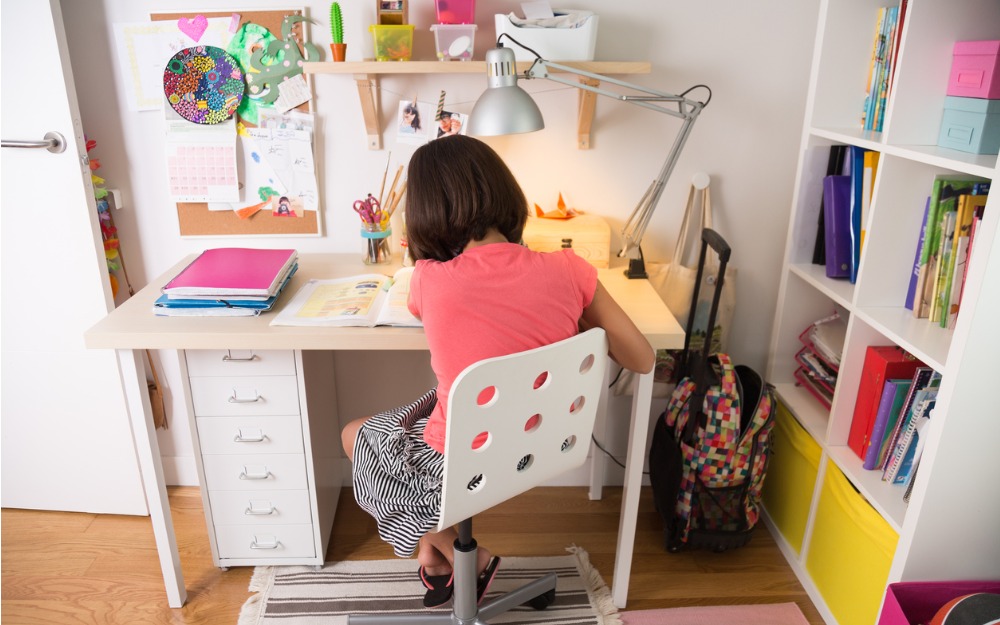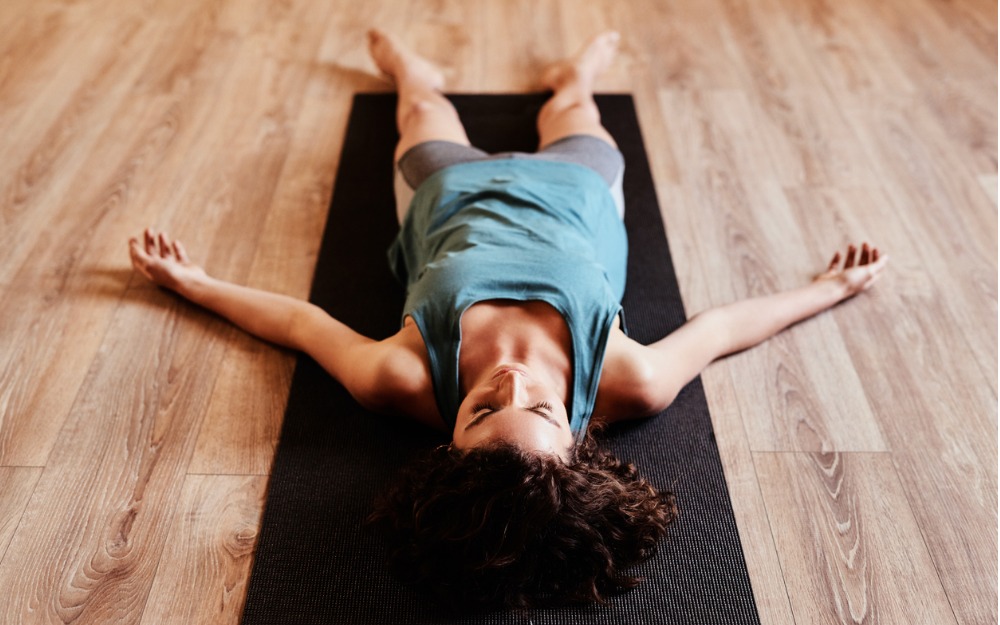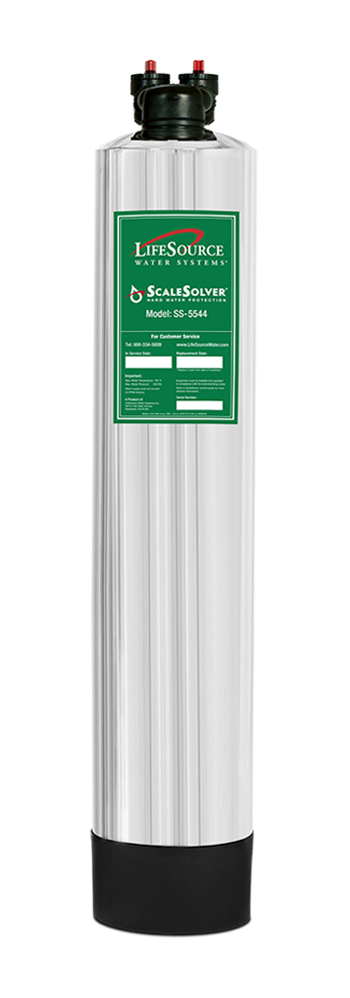
Creating a Healthy Work Environment at Home
How to be Healthy and Productive at Home

This may seem obvious, but sticking to a schedule is one of the best ways to encourage productivity. Our brains love routines. Especially if you have a young child or teenager, routines have been shown to help develop sustainable life habits. The more you create a routine, the easier it is for good habits to become a way of life. Think about all the things that add value to your life and help create a daily routine for you and your family. An easy way to start is by sticking with a regular wake up time - even if your commute to work or school is five steps from your bed. Designate a time of day to go outside, get exercise, or call a close friend. These little habits will go a long way toward ensuring you get the most out of your day (every day).
It’s important to carve out a little quiet time every day - whether it’s for homework, catching up on emails, or just some time to zone out. Take time each day to treat your home like it’s a library. Even just 30 minutes a day can make a huge difference. Silence has been found to help improve your memory and focus. When you truly give yourself some quiet time, you may be surprised at how much you’re able to get done.
Many studies have shown that the amount of time you spend outdoors is correlated to an increase in good health. A short walk around the block helps to get your blood flowing and activates your brain chemistry. A walk can also be the perfect excuse for a little alone time or a heart to heart conversation. Being outdoors is also a great source for vitamin D. The sun reacts with the cholesterol in your skin to create vitamin D. You need vitamin D to properly absorb calcium. So do your teeth a favor and get out in the sun!

Move around your home! Staying in one place can have a brain-numbing effect. Designate different areas in your home for different activities. Create a workstation that is separate from where you relax, play or work on personal projects. Make sure to take breaks in an area of your home that doesn’t remind you of work. Little things like having different planners, notepads or pens for work vs. home life can help you mentally separate work from home life. This is especially helpful for kids. If you make their learning area separate from their play area, it will help create structure.
Drinking water is one of the best ways to immediately improve your day. Water plays a key role in brain function, blood flow and flushing out toxins from your body. Stay hydrated and make the best of your day by always having fresh water at arm's reach. Are you tired of buying bottled water or remembering to re-fill your water pitcher? It might be time to try a whole house water system. With filtered water flowing through your entire home, you’ll have easy access to great tasting water from every sink and shower in your home.

We are constantly bombarded with app notifications, texts, calls and emails. Dr. Adam Alter, a psychologist and New York Times bestselling author, wrote a whole book detailing how our screens are designed to be addictive. We are all spending more and more time in front of screens. Alter found “the average is now four hours a day for the average American adult and for kids and teens who use screens, it's up to six.” Every step you take to cut down on your screen time can help increase the amount of time spent being productive or spending time with family. Try blocking access to distracting phone apps once you’ve surpassed your daily allotment of time for scrolling. Or download an app specifically designed to help curb your phone usage. During peak work hours, you can block certain distracting websites on your computer or laptop. If noise is a problem for you, try on a pair of noise-canceling headphones. Or maybe you work best with soft background music. If your family is driving you nuts, set some boundaries by creating a “do not disturb” sign to remind them that you are at work.
You may have heard of the phrase “freshman 15,” but have you heard about the “quarantine 15?” No? Just me? One possible side effect of being home more is snacking more. Who can blame you for stress eating? The year 2020 has been packed with unprecedented stress. But now it might be time to do a pantry cleanse. Instead of buying chips, munch on baby carrots instead. Stock up on nutritious snacks, like nuts, veggies and fruit. Add a few local healthy restaurants to your go-to food deliveries. Nourishing your body and brain will help keep you on track for a productive and healthy day.

As annoying as traffic can be, there is something to be said for having a little transition time between leaving work and arriving home. Create an imaginary “commute time” for yourself. Maybe you do a ten-minute meditation or breathing exercise. Maybe take a walk or stretch your body. Give yourself time to clear your mind and let go of whatever stressful thing that came up at work that day. Don’t take work home - even if you are literally working at home.
Keep the communication lines open. This year will continue to be full of learning curves. Remember to check-in with yourself and your family. Track what is working well and what could use improvement. Find a support group in your family, friends or colleagues. We are all adjusting and learning together. The more we can support each other, the more success we all will enjoy.











